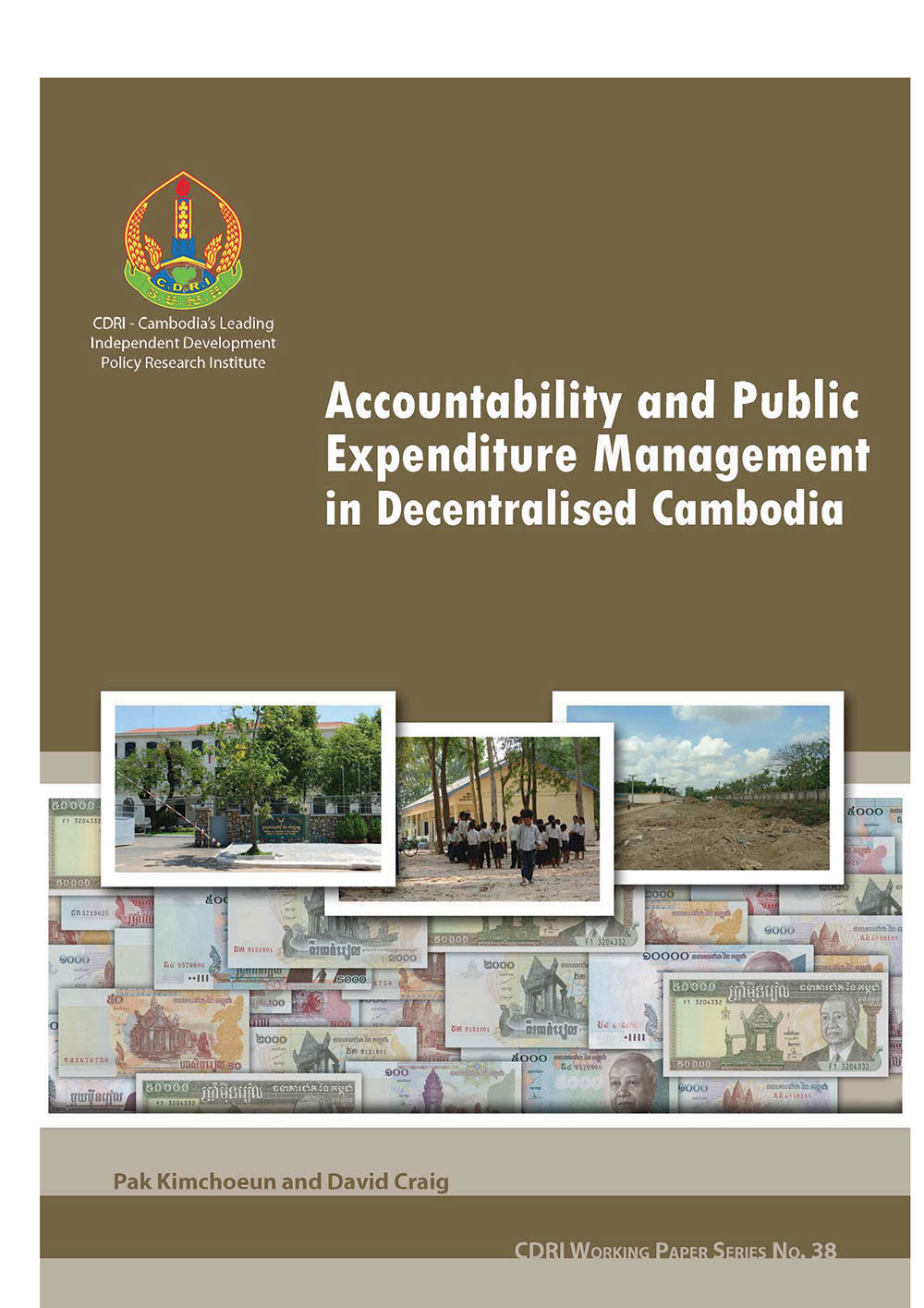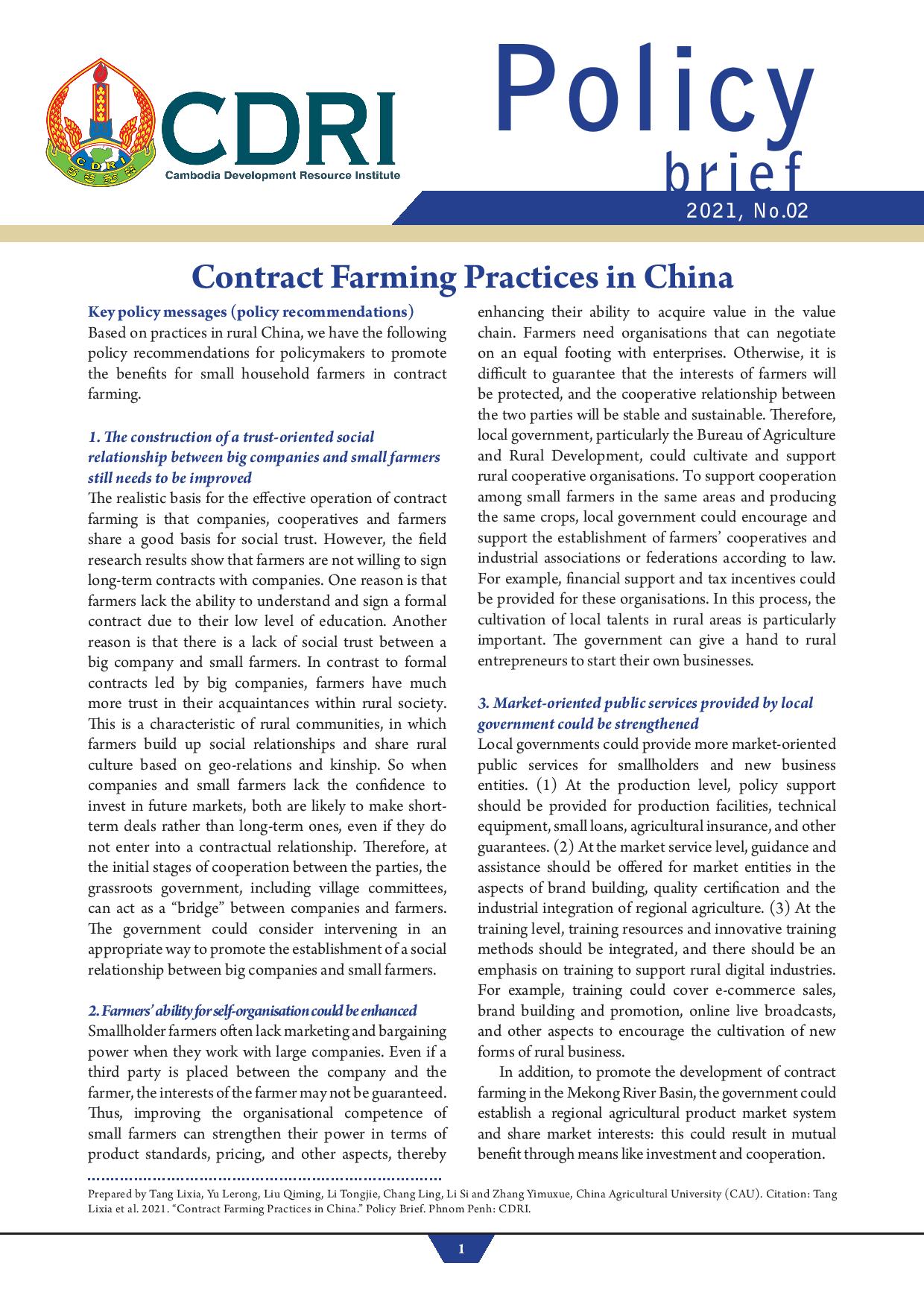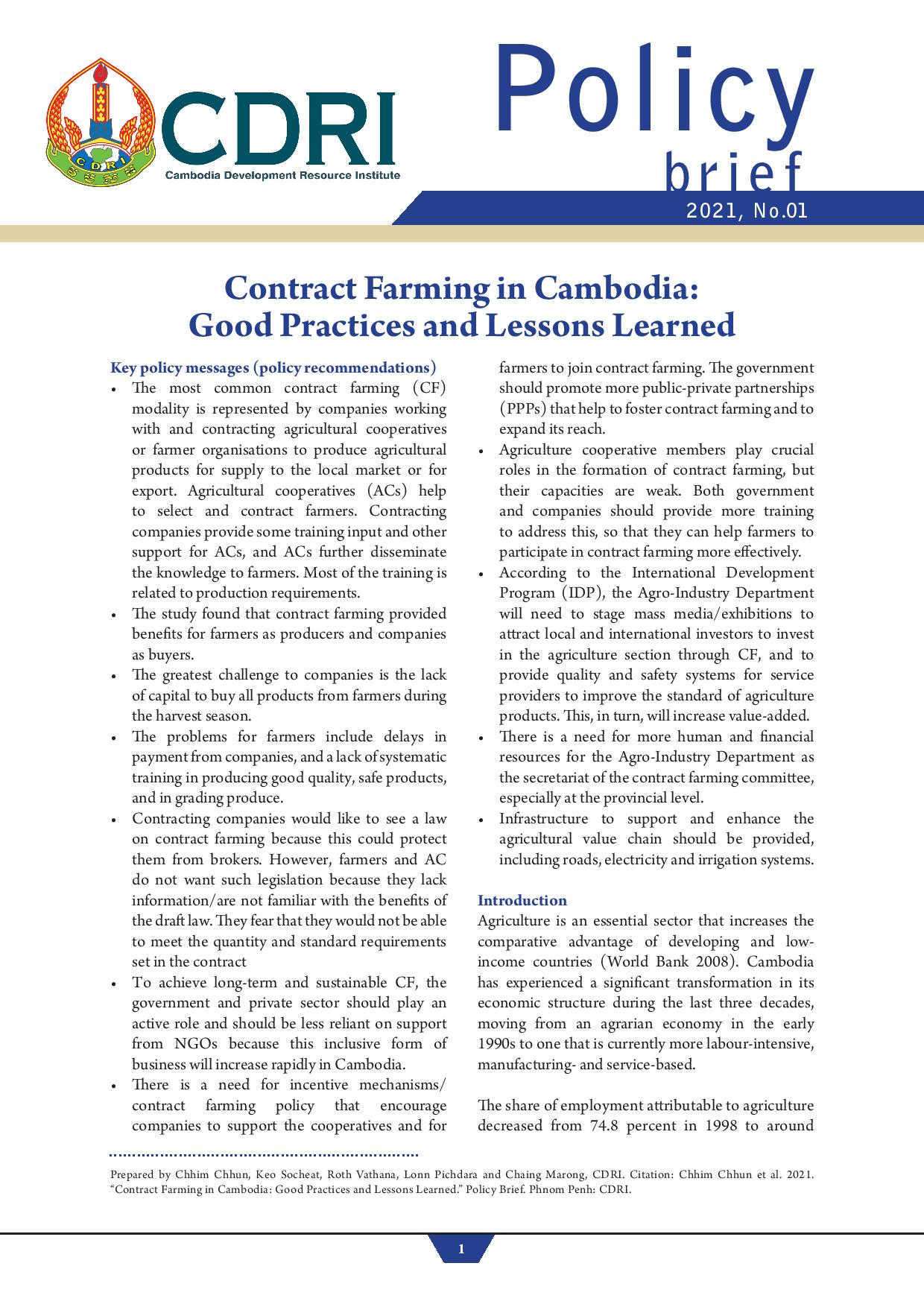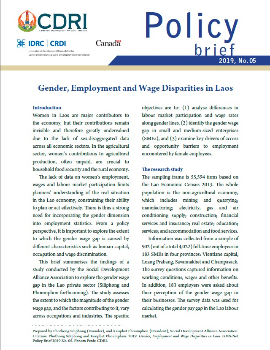
Accountability and Public Expenditure Management in Decentralised Cambodia
Keyword: Decentralisation and econcentration, provincial public expenditure management, accountability structures, centralisation, local discretion, neo-patrimonial governance
Abstract/Summary
Cambodia is entering a new phase of decentralisation and
deconcentration (D&D), aiming to restructure sub-national administration,
particularly at the provincial level. The reform seeks to establish unified
provincial and district administrations accountable to both the central
government and local populations, supported by transparent allocation of
functions and funding. However, the mechanisms for achieving accountable fiscal
relationships remain unclear, and provincial public finance arrangements are
poorly understood. Drawing on three years of research within a broader study on
sub-national accountability, this paper examines provincial public expenditure
management (PEM) through the lens of accountability. It identifies three
distinct PEM systems—mainstream government, reform initiatives, and donor
vertical programmes—each with unique accountability structures. The study
reveals a highly centralised system, with provinces receiving limited funding
and discretion, and donor-driven programmes dominating development budgets.
Weak accountability in mainstream PEM has led to high fiduciary risks and poor
budget execution, prompting donors to adopt parallel systems. Additionally,
informal patronage networks significantly influence PEM processes. The paper
concludes that successful D&D reform requires long-term, sequenced efforts
integrating technical and political strategies, and coordination with broader
reforms in public financial management, aid harmonisation, and human resources.
DOI: https://doi.org/10.64202/wp.38.200807



